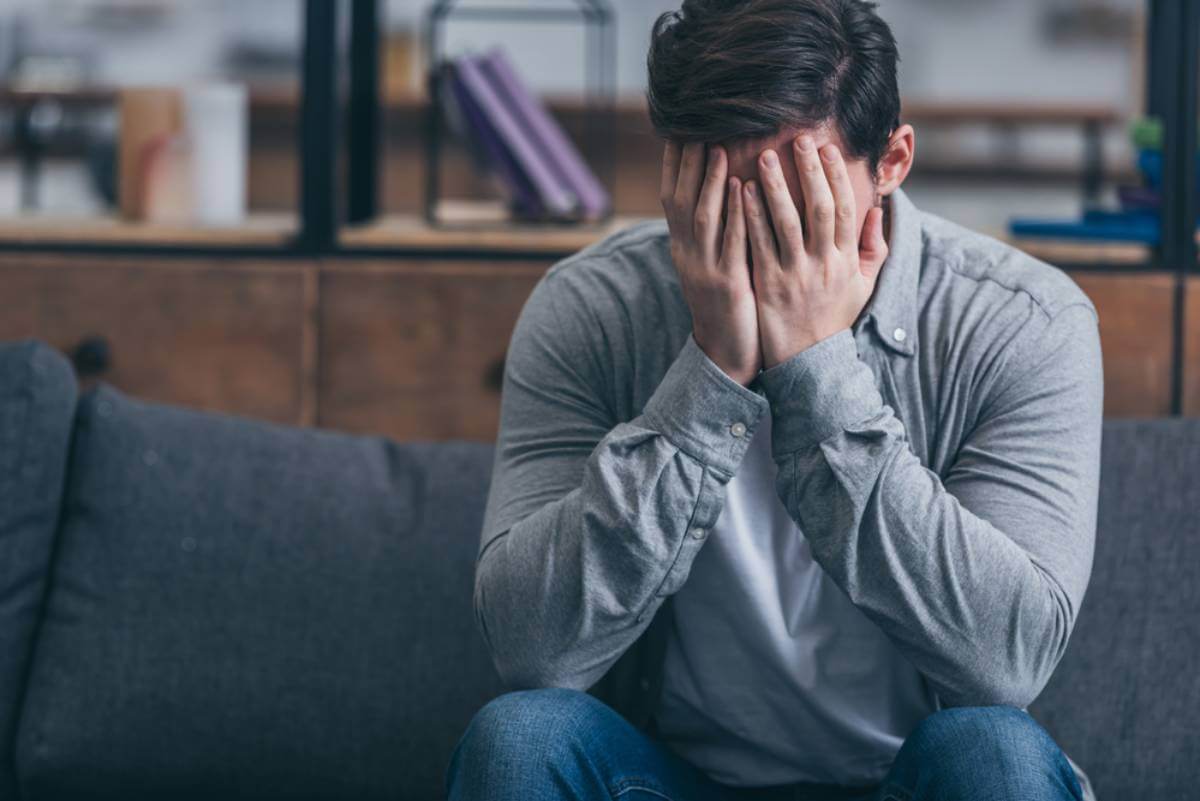Are you feeling the weight of societal misconceptions about mental health? Wondering how mental health stigma affects individuals on a deeply personal level?
Mental health stigma basically means the wrong perceptions and beliefs about mental health issues. We will share everything about it in this guide, from what it is and its effects on your life to ways to get rid of it.
This article will help you understand and break this stigma. We’ll unravel the harmful effects that stigma imposes and affect your recovery. We have also shared some practical tips to break it at the end. Continue reading as we uncover more details about it.
What Is Mental Health Stigma?
Stigma of mental health can be described as prejudices, beliefs or misconceptions about mental health and its related disorders that result in prejudice and oppressive treatment of those who are affected with the conditions.
Mental illness stereotype means that mental disorders are not similar to medical conditions but rather cause embarrassment, hush and hinder the client from seeking treatment in our society. We will discuss the following types of stigmatization below.
Examples
Here are some of the daily examples of mental health stigma:
- Social Stereotyping: Mental health patients are often labeled as being “crazy,” “unstable,” “a threat” or “weak.” This may result in loneliness, and.
- Employment Discrimination: Discrimination prevents the population with mental health disorders from gaining employment since stigma perpetuates prejudice. This may lead to unemployment, few employment opportunities or workplace abuse.
- Media Representation: Biased depictions in media can encourage prejudice perceptions since media portrays mental illnesses or links them with aggression or volatility.
- Lack of Support: An individual may be too ashamed to seek help because he feels people will look down on him, thus he will not go for counseling or conveying his problems to those friends and relatives.
How Does Stigma Affect Mental Health?
Stigma around mental illness has an immense effect on many areas of life. This impact reverberates through society perceptions, personal relationships, access to care and self-perception to have lasting consequences on those afflicted – let’s examine its harmful consequences below in greater depth.
Harmful Effects
These are some of the most significant negative effects of stigmatization of mental health.
Social Isolation:
Stigma can make people with mental health feel isolated. It makes it difficult for people to talk about their illness for fear of judgement or being rejected from their peers. It makes you feel disconnected from your circle of friends.
Discrimination:
Misunderstanding of mental health issues also causes discrimination. It also increases behaviours like prejudices regarding employment, education or housing options.
Delayed Treatment:
The psychological health problems can restrict people from seeking prompt and appropriate treatment timely. It can worsen their condition and make the process of recovery difficult..
Low Self-Esteem:
Having mental illness may lead to low self esteem and self confidence, hence, you begin to have negative attitude towards yourself. You may also feel shameful, or undeserving of the general environment.
Stigma as an Obstacle:
The Victorian attitudes toward victims constitute one of the major factors which hamper the recovery, as people are afraid to follow the treatment plans, or ask for help, thus, the duration of illness becomes longer, and the severity of the illness aggravates.
Impact on Relationships:
Mental illness also has an impact on your interpersonal relationships in that you are discriminated against. These may include your friends, family and co-workers. Ambiguity about it can erode your relationships.
Reduced Opportunities:
Stigmatization also has the following impact on your growth and achievement. Such misconceptions could also impact your chance of getting a job or enrolling in school with mental health problems.
Mental Health Concealment:
People go out of their way to avoid being associated with mental health problems; they hide their illness. It is because you do not want to be judged or experience any form of stress that is not required. You may do it by not expressing the feelings or by not sharing any event with the loved ones.
Complications:
The stigma may cause worsening of the existing mental health disorders, or bring on new ones, thus resulting in the magnification of suffering as well as the worsening of those who are affected.
Reduced Quality of Life:
The last and the worst effect of mental health stigma is low quality of life. It inhibits your daily living by narrowing down on aspects such as emotional well-being, happiness, life satisfaction and success.
The process of eradicating stigma related to mental illness is a process that has to continue day by day in terms of eliminating myths on the one hand and in terms of raising awareness as well as providing friendly conditions on the other. It helps people in achieving recovery on their journey to mental health.
Tips To Break The Stigma of Mental Health
Here are some valuable tips to overcome mental health stigma. These are practically proven tips and will keep you safe from these issues.
- Education and awareness.
- Open conversations.
- Share personal stories.
- Challenge stereotypes.
- Normalize seeking help.
- Supportive environments.
- Advocacy and activism.
- Media representation matters.
- Empathy and understanding.
- Highlight success stories.
- Encourage professional help.
- Avoid judgment and labels.
- Promote self-care practices.
- Foster inclusivity and acceptance.
- Emphasize mental wellness.
Final Words
Understanding the stigma associated with mental health is crucial to remove its obstacles. It creates a sense of isolation as well as perpetuates misinformation and restricts access to crucial sources. The pressure of society’s judgment causes many to hide their struggle. It makes the road to recovery a difficult one.
But the collective effort and advocacy of people can help create a better world. We can alter the perceptions of mental health by educating ourselves and empathy. We can also challenge stereotypes. Facilitating open and supportive discussions are crucial to break the stigma.


